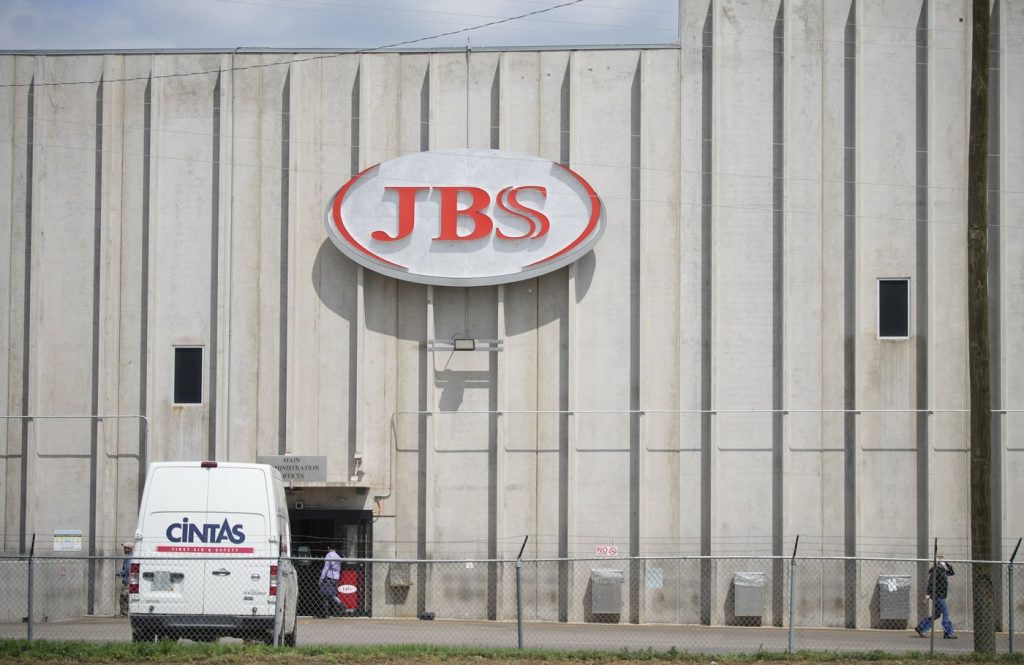In a significant development for U.S. meatpacking workers, JBS—one of the world's largest meat companies—has introduced a new pension plan for its employees, marking the first such initiative in nearly 40 years. This change comes under a new contract agreement with the United Food and Commercial Workers (UFCW) union, which represents these workers.
The contract, recently ratified by employees, extends eligibility for the pension plan to approximately 26,000 meatpacking workers across 14 JBS facilities. In addition to the pension, the agreement introduces paid sick leave, wage increases, and improved safety measures within the plants. Mark Lauritsen, the head of UFCW's meatpacking and food processing division, emphasized the importance of this contract in promoting job stability and benefits for both employees and employers, ultimately enhancing the communities where these companies operate.
Brazil-based JBS has indicated that the pension plan underscores its commitment to its workforce and the rural communities it serves. The company stated, "We are confident that the significant wage increases over the life of the contracts and the opportunity of a secure retirement through our pension plan will create a better future for the men and women who work with us at JBS."
Historically, pension plans were standard in the meatpacking industry; however, many were eliminated during the 1980s as industry consolidation took hold. Today, many major meat companies, including Tyson Foods and Cargill, offer 401(k) plans instead of traditional pensions. The UFCW's push for a return to pension plans began a few years ago, aiming to help companies retain their workers. Lauritsen noted the dual nature of 401(k) plans, describing them as portable but also as a factor contributing to worker turnover as employees chase better pay across different companies.
The introduction of the pension plan has been positively received by workers. Thelma Cruz, a union steward at a pork plant in Marshalltown, Iowa, articulated the difficulties of saving for retirement amidst rising costs, expressing that this plan provides a sense of security for the future. Moreover, the new contract will increase average pay for meatpacking workers to an estimated $23 to $24 per hour and establish safety and ergonomic committees in every plant, addressing a long-standing industry concern that has grown even more significant following the COVID-19 pandemic.
The agreement also indicates JBS's strategic initiative to improve its corporate image ahead of a potential U.S. stock offering. For years, the company has sought to list its shares on both the Brazilian and New York stock exchanges but has faced opposition from lawmakers and environmental groups concerned about JBS's past corruption and environmental impact, particularly regarding deforestation in the Amazon rainforest.
Recently, the U.S. Securities and Exchange Commission approved JBS's application for a listing on the New York Stock Exchange, with a shareholder vote on the listing scheduled to take place shortly. However, Lauritsen noted that the union did not discuss the stock offering during contract negotiations and that UFCW maintains no position on this financial move.
Lauritsen concluded by expressing optimism about JBS’s progress, stating, "JBS is on a journey and we’re going to keep pushing them right along. We’re starting to see an employer that’s committed to long-term, stable jobs that help the worker and the community."










